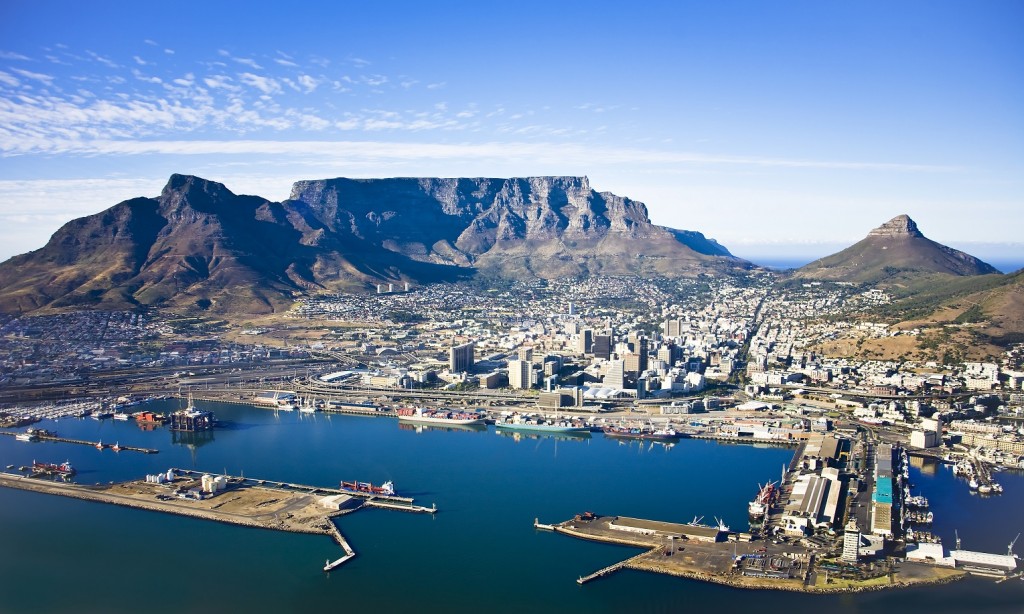Corrected: Shipping lines avoid Cape Town amid heavy congestion

Correction: A previous version of this article incorrectly stated that Maersk, not CMA CGM, had announced a surcharge at Cape Town.
Shipping lines have said they are now either avoiding the Port of Cape Town or applying surcharges as heavy congestion builds.
DAL said last Wednesday that it will bypass the port on its north- and southbound legs because of continued throughput delays. The company's managing director David McCallum confirmed the temporary decision to Freight News, saying: “We will not be calling at the port at all on our main service anymore."
Instead the company will be running a feeder service between Cape Town and Port Elizabeth.
"There are eight to nine vessels waiting to be worked but the port simply doesn’t have the staff complement to get to all the vessels," he said.
A while ago, port operator Transnet confirmed that efficiencies at the port had been affected because of operational personnel staying at home, fearing infection in a province ravaged by the coronavirus.
“To exacerbate things,” said McCallum, “is the fact that we have no decent communications about what’s happening in Cape Town like we have in Durban.”
CMA CGM last week announced a US$550 per 20 ft port congestion surcharge at Cape Town for both dry and reefer containers, effective immediately.
Meanwhile, the South Africa Europe Container Service (SAECS) - jointly provided by Maersk, ONE and Deutsche Africa Linie (DAL) - will omit Cape Town and focus its South African calls at Durban and Ngquara.
The Western Cape has seen one of the country’s highest Covid-19 infection rates, with numerous cases reported among Cape Town Container Terminal workers, leading the facility to reduce the number of gangs serving vessels, causing berthing delays of up to a week.
However, Maersk said in an advisory this week it was transforming its WAF1 service – which normally serves West African ports on a string that begins in Algeciras and turns in Durban – into a dedicated shuttle feeder between Cape Town and Algeciras.
“Based on customer demand we will further deploy additional feeders from CPT, for onward transit to Europe,” Maersk said.
“We believe this plan is the best solution available based on the current port and market situation. However, we fully understand that the dynamics of the port situation in South Africa will likely continue to change constantly."








































